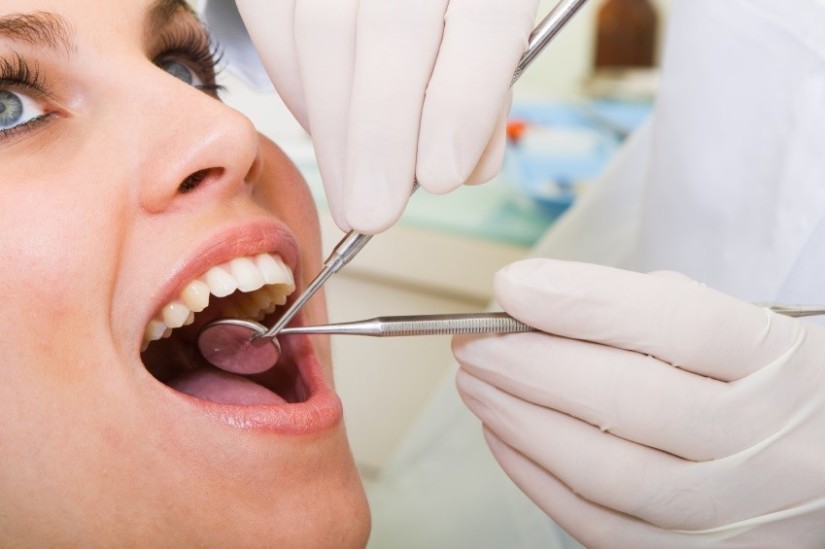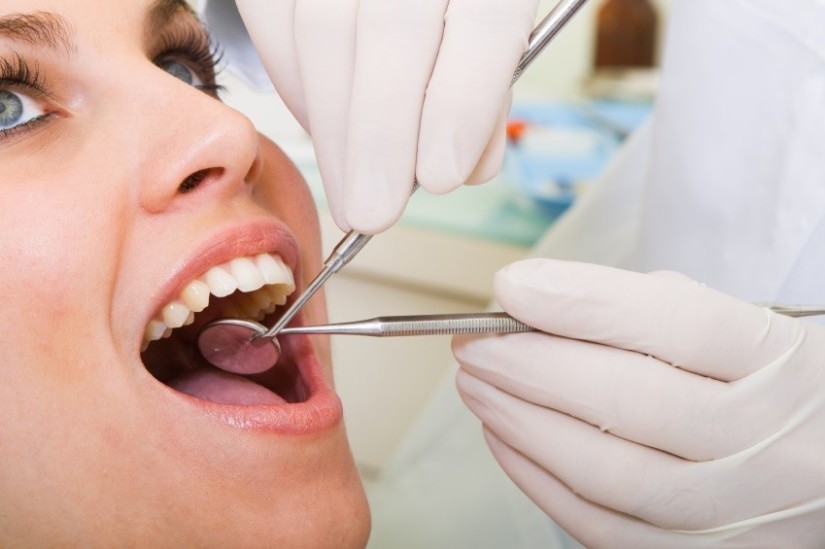Many people tend to postpone or skip dental check-ups even if they have some symptoms. But you should understand that oral issues don’t disappear on their own and if you already have some symptoms, you need to undergo a dental exam. Otherwise, your condition can progress and symptoms may become worse. In this article, we have gathered eight alarming signs that you should visit a dentist ASAP.
1. You experience a toothache
Have you ever experienced a toothache? If yes, then you probably know how annoying and exhausting it can be. Indeed, you can ease a toothache with the help of pain medications or certain home remedies. But you should understand that only a dentist can define and treat the underlying cause of your pain. That’s why there is no need to delay your dental appointment.
2. You have bad breath
Bad breath, also known as halitosis, is a quite common issue for many people. It can occur if you eat smelly foods, don’t maintain proper oral hygiene, have digestive issues, etc. But you should know that many oral issues can also make your breath smell bad. For example, gum disease that is caused by bacteria overgrowth can lead to bad breath. So if you have noticed bad breath, it is better to contact a dentist.
3. You have a cavity
A cavity (caries, tooth decay) is a hole in the tooth enamel that occurs because of the vital activity of bacteria. If you don’t maintain proper oral hygiene, eat a lot of sweets, and snack constantly, you may have an increased risk of bacteria overgrowth. These bacteria produce acids that soften and wear out your tooth enamel. You should know that there are no home remedies for tooth decay and you should visit a dentist to get a tooth filling.
4. You experience teeth sensitivity
There are a lot of factors that can lead to tooth sensitivity. The most common of them are:
- Poor oral hygiene
- Tooth decay
- Dental abscess
- Gum recession
- Tooth fracture
- Aggressive tooth brushing
- Increased consumption of acidic foods and drinks
Due to the variety of causes, it is better to treat teeth sensitivity at the dental clinic. If your tooth enamel is worn out, your dentist can perform dental bonding or filling. But if your sensitivity is caused by a more serious condition, it can require complicated treatment.
5. You have lost a tooth
If you have lost a tooth recently, you need to visit a dentist and get a dental implant as soon as possible. The point is that the neighboring teeth can fill the gap and this can lead to facial asymmetry, shifted teeth, and problems with eating and speaking. That’s why it is better to replace the missing tooth as soon as possible to avoid severe complications.
6. Your gums are bleeding
Many people think that gum bleeding during tooth brushing is normal and there is no need to be wary about it. But the reality is that healthy gums shouldn’t bleed. Gum bleeding is considered one of the most common signs of developing gum disease (gingivitis). If left untreated, it can turn into periodontitis that manifests itself through loose teeth, pus between the teeth, gum pockets, bad breath, and even tooth loss.
7. You have tartar build-up
Tartar is a solid deposit that occurs on your teeth if you don’t remove dental plaque thoroughly. People who don’t maintain proper oral hygiene, smoke, or have shifted teeth are more likely to develop tartar accumulation. In addition to aesthetic issues, tartar also promotes bacteria overgrowth. That’s why people with tartar accumulation are more likely to develop gum disease.
8. You have broken a tooth
If you have chipped a small piece of the tooth, it can be painless. But you should understand that damaged tooth enamel is more prone to tooth decay and infections. That’s why it is better to restore the broken part of the tooth. In the case of a significant fracture, you may need to contact an emergency dentist for pain medications and treatment. If the tooth is severely broken, you may need to get a dental crown or even a dental implant.
The bottom line
It is essential to understand that most oral issues don’t disappear on their own and home remedies can be simply useless. Regular dental check-ups and timely treatment can improve the condition of your teeth and gums and prevent the development of severe complications.

